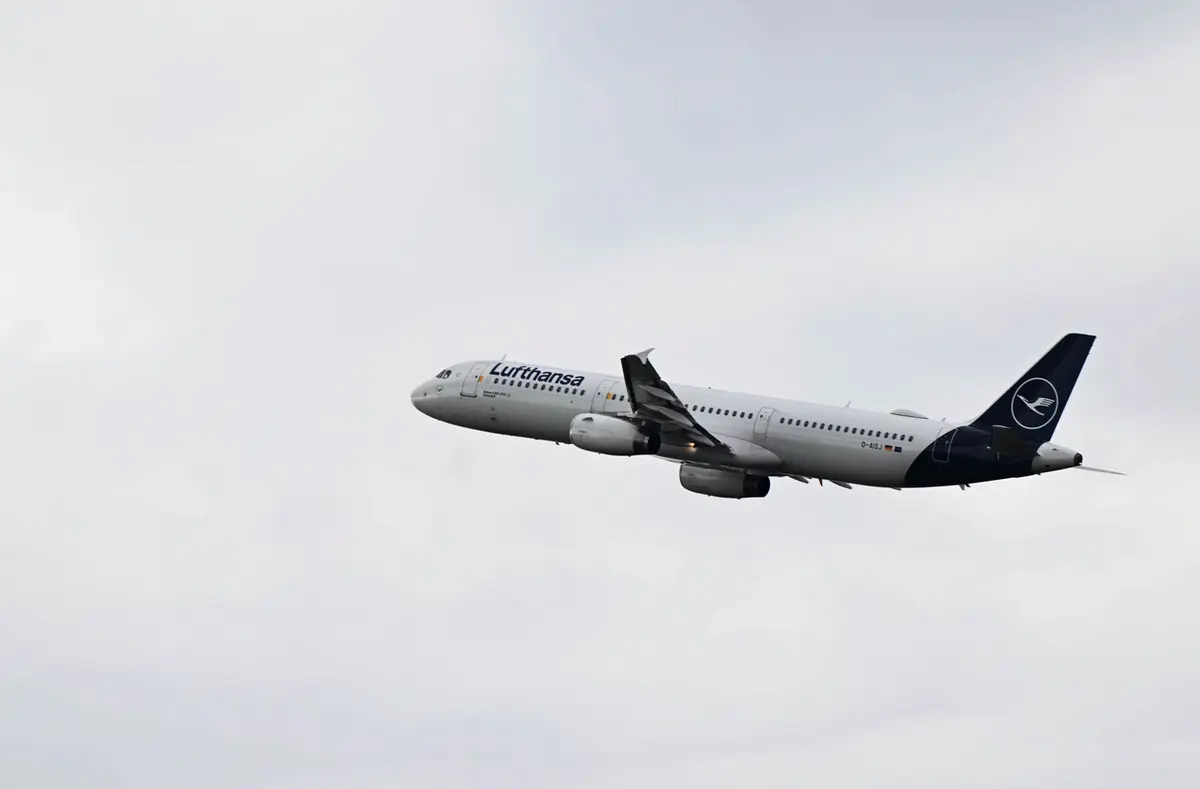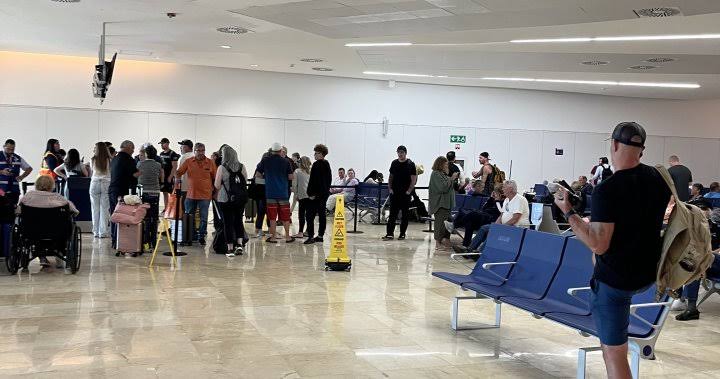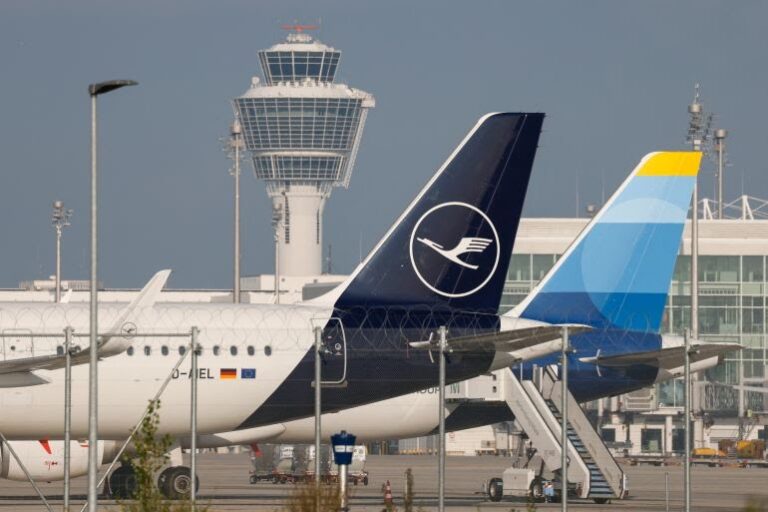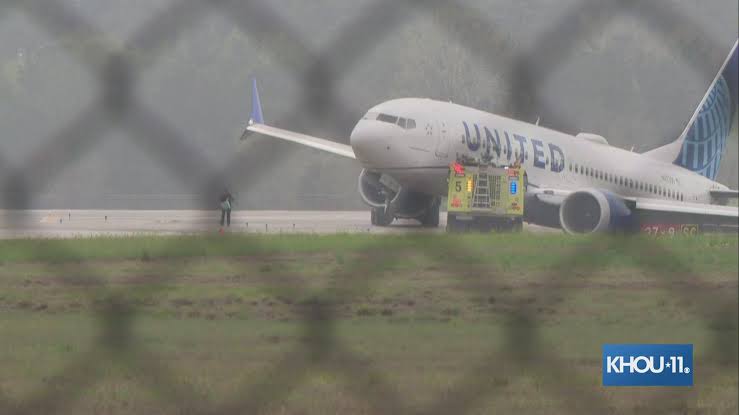German court bans Lufthansa’s alleged ‘greenwashing’ ads
German Court Bans Lufthansa’s Alleged ‘Greenwashing’ Ads
A German court has ruled against Lufthansa, banning its advertisements that allegedly misled consumers with claims of environmental sustainability. The decision, which follows increasing scrutiny of corporate “greenwashing” practices, marks a significant step in the ongoing fight against deceptive eco-friendly marketing.
The Lawsuit and Ruling
The case against Lufthansa was brought by a consumer protection group that argued the airline’s advertisements falsely portrayed the company as significantly reducing its environmental impact. The ads suggested that Lufthansa’s flights were environmentally friendly, a claim that critics say is misleading given the aviation industry’s substantial carbon footprint.
The court agreed with the complaint, ruling that the airline’s marketing materials could deceive customers into believing their flights were less harmful to the environment than they actually are. As a result, Lufthansa has been ordered to stop using the disputed advertisements.
This ruling aligns with broader European efforts to crack down on misleading green claims, as regulators and courts push for stricter oversight of corporate sustainability messaging.
Understanding ‘Greenwashing’ in the Aviation Industry
Greenwashing refers to the practice of companies exaggerating or falsely claiming to be environmentally friendly in their marketing. It is especially common in industries with high emissions, such as aviation, oil, and fashion.
Lufthansa, like many other airlines, has promoted its sustainability initiatives, including the use of biofuels and carbon offset programs. However, environmental groups argue that these measures do not significantly reduce aviation’s carbon footprint and can give customers a false sense of contributing to a greener future.
The aviation industry is one of the largest contributors to greenhouse gas emissions, accounting for around 2-3% of global CO₂ emissions. While airlines have made efforts to reduce their impact, environmental activists argue that only drastic measures—such as reducing flights and investing in truly sustainable fuels—can make a real difference.
Lufthansa’s Response
Following the ruling, Lufthansa stated that it remains committed to sustainability and reducing its environmental impact. The airline emphasized its investments in new, fuel-efficient aircraft and research into alternative energy sources. However, it also announced plans to revise its marketing language to ensure compliance with legal requirements.
The company has not yet indicated whether it will appeal the court’s decision.
Implications for the Airline Industry
This ruling sends a strong message to other airlines and corporations engaged in green marketing. Regulators are increasingly scrutinizing sustainability claims, and businesses that exaggerate their efforts risk legal action and reputational damage.
For consumers, the ruling serves as a reminder to critically evaluate corporate sustainability claims. While many companies are making efforts to become greener, not all advertised initiatives lead to meaningful environmental benefits.
Final Thoughts
Lufthansa’s court ruling is part of a larger movement toward greater accountability in corporate environmental claims. As climate change concerns continue to grow, stricter regulations on greenwashing will likely become more common across industries.
For airlines, this means they must carefully balance their marketing strategies with transparent and verifiable sustainability initiatives—or risk facing legal consequences and public backlash.






